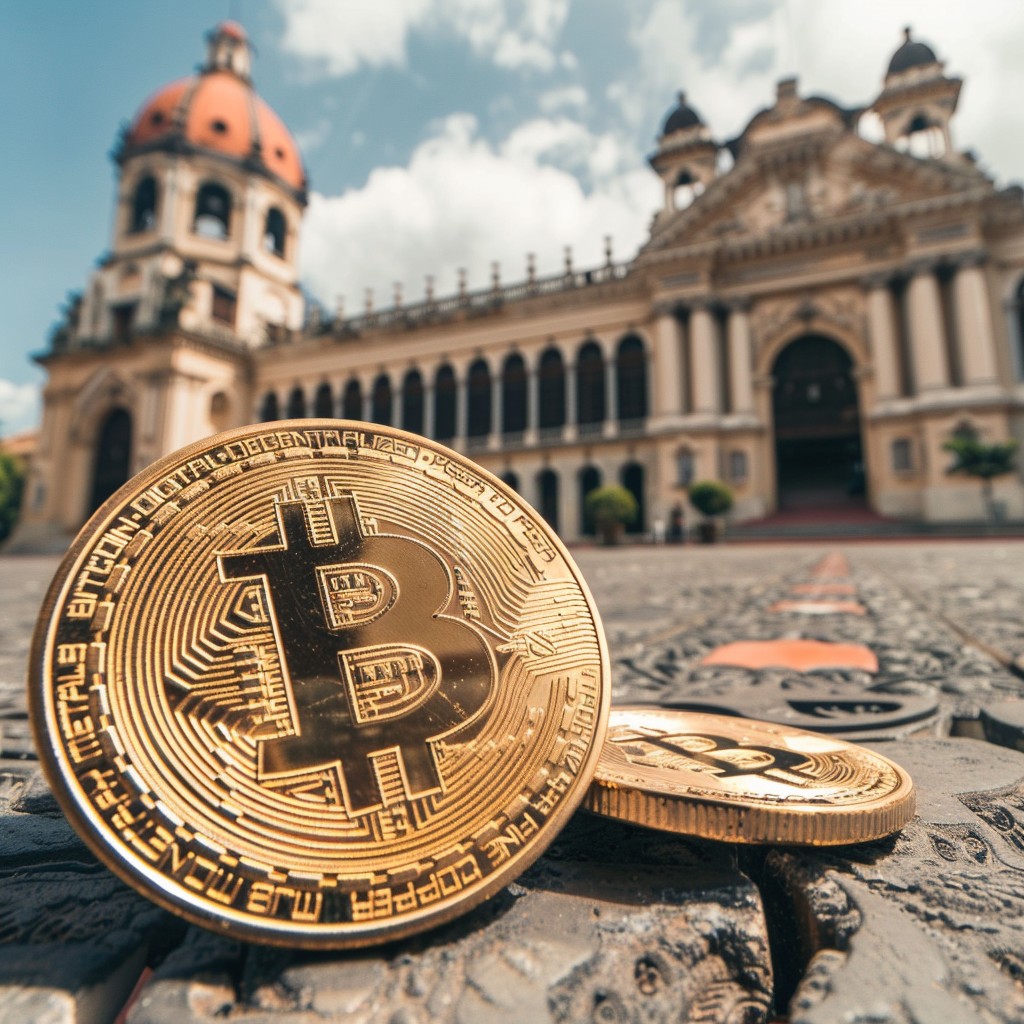The National Banking and Securities Commission (CNBS) of Honduras has made a decisive move by issuing a resolution prohibiting financial institutions within the country from engaging in cryptocurrency transactions.
The resolution, effective immediately upon its release on February 15, 2024, asserts that the Honduran central bank cannot guarantee the security of crypto transactions due to its unregulated nature. Consequently, the CNBS has mandated that supervised institutions abstain from maintaining, investing in, intermediating, or operating with cryptocurrencies, virtual currencies, tokens, or other similar virtual assets.
Regulatory rationale and risk mitigation efforts
Citing significant concerns regarding potential fraud, money laundering, and terrorist financing associated with unregulated crypto assets, the CNBS emphasizes the inherent risks users of cryptocurrencies and blockchain-based financial services face.
The resolution underscores the volatility and lack of legal obligation surrounding crypto transactions, warning of the possibility of abrupt cessation in acceptance. Moreover, the CNBS asserts that derivatives based on crypto assets are also subject to the ban.
The regulatory directive prohibits crypto-related activities and mandates the inclusion of comprehensive education on the risks associated with crypto assets in financial literacy programs. This measure reflects an effort to mitigate the potential negative impacts on consumers and the financial system.
Impact on crypto ecosystem in Honduras
The CNBS’s resolution marks a significant shift in Honduras’s stance towards cryptocurrencies, diverging from the path taken by neighboring countries such as El Salvador, which adopted Bitcoin as legal tender. While crypto exchanges continue to operate freely within Honduras, the regulatory intervention restricts the involvement of supervised financial institutions in crypto-related activities.
Despite the ban, Honduras has witnessed the emergence of crypto-centric initiatives, notably Bitcoin Valley and Próspera. Bitcoin Valley, established in 2022, aimed to leverage cryptocurrency payments to attract tourists, offering payment options in Bitcoin, USD, or the Honduran lempira. Similarly, Próspera, a special economic zone on the island of Roatan, embraced Bitcoin as legal tender in 2022, positioning itself as a pioneer in crypto adoption within the region.
Uncertainty surrounding crypto-friendly zones
The CNBS’s resolution raises questions regarding the future of Bitcoin Valley and Próspera, given their embrace of cryptocurrencies amidst a regulatory landscape increasingly opposed to such assets. While these zones have carved out a niche for crypto transactions, the CNBS’s prohibition may impede their ability to sustain operations and attract investment.
The resolution’s impact on these crypto-friendly zones remains uncertain as stakeholders assess the implications of regulatory divergence within the country. Despite their innovative approaches to crypto adoption, Bitcoin Valley and Próspera may face challenges navigating the evolving regulatory environment, underscoring the complex interplay between technological innovation and regulatory oversight.
Honduras’s decision to ban crypto transactions reflects growing concerns over the risks associated with unregulated digital assets. While the CNBS’s resolution aims to safeguard consumers and mitigate financial risks, it also raises questions regarding the future of crypto-friendly initiatives within the country. As Honduras grapples with the regulatory implications of crypto adoption, stakeholders must navigate the evolving landscape to ensure a balance between innovation and regulatory oversight.





